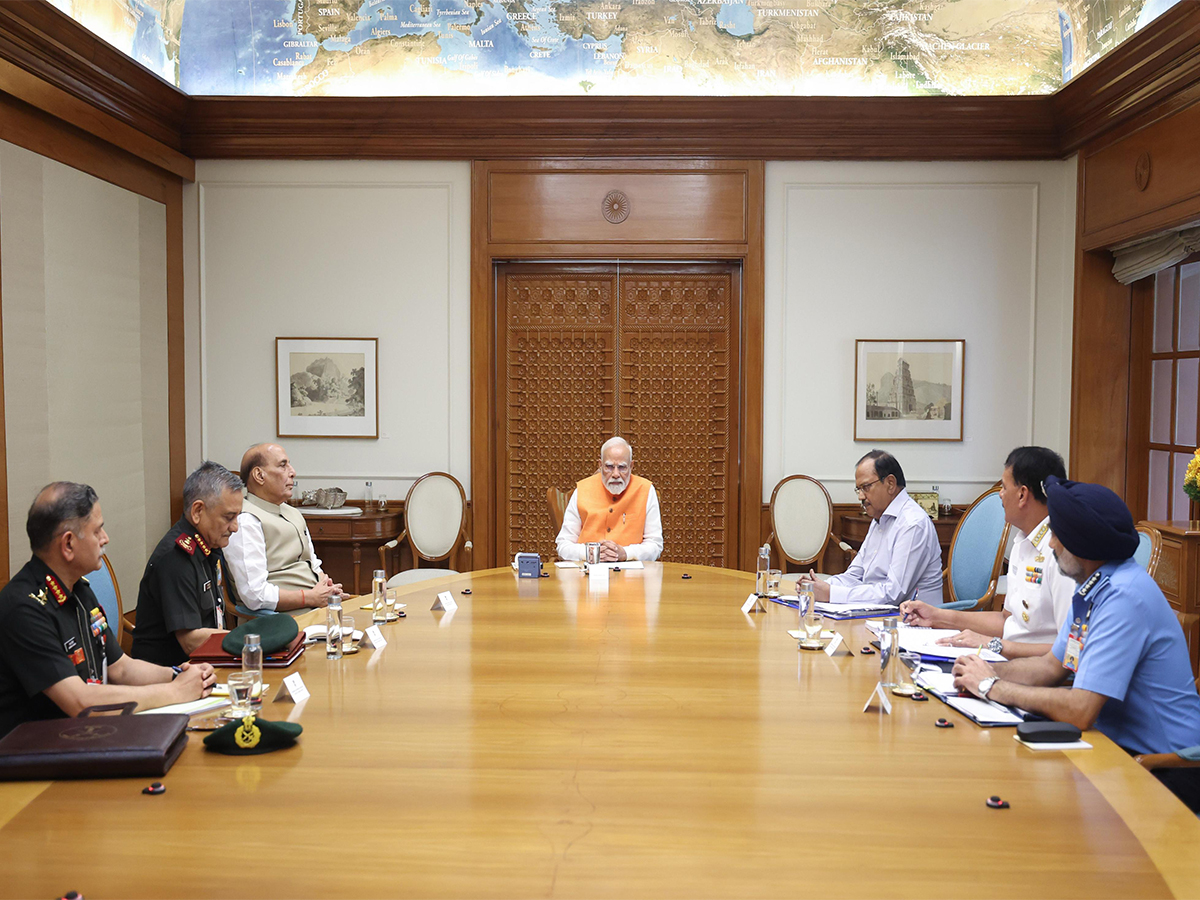Chinese Navy's devotion to Communist Party puts its competence on back burner
Apr 16, 2022

Beijing [China], April 16 : With an in-depth grip on the military hierarchy, and its tentacles infiltrating at all levels, the naval command and control system of China is regressive as the country's decades of focus on one domain has hampered the opportunity for its Navy to develop.
While captains and commissars theoretically share the command, operationally, the latter is first among equals, given that they have the deciding vote on all ships' party committees, reported The National Interest.
Commissars are also responsible for "reporting" on captains to the upper crust and thus hold the power to destroy or make careers. Moreover, while captains may operate independently in an emergency, a committee later judges their actions. Naturally, this means the fear of future repercussions consistently compromises PLA captains' instincts, undermining their ability to prioritize military victory. While leaks, intelligence, and exile testimony often provide incomplete insights into the PLA's methods, it is safe to assume that Chinese president Xi Jinping's pivot to ideological purity can only make these already stifling work environments worse, it explains further.
Traditionally a land power, China's decades of focus on one domain have hampered the opportunity for its Navy to develop. For most of the twentieth century, the Navy was tasked with defending China's vast coast and the near seas. Only following the dawn of the millennium were operations in more distant waters expected of it. Even since this shift, the structure has been slow to match doctrine. It is surely for this reason that the Navy expanded from single-dimensional to multidimensional operations as late as the mid-2000s. Timed exercises farther from the coast and in conjunction with foreign navies also picked up during this era. Likewise, the Air Force began flying bomber sorties over water only in the 2010s.
As per reports, China is maintaining an impressive shipbuilding rate, with one LHD launched every six months so far. Indeed, no other country can match the record pace of shipbuilding achieved by China. For the first-of-class Type 075, it took 340 days from launch to maiden journey. By the time of the second LHD, this milestone had reduced to 245 days, despite the impact of COVID-19.
Despite most military officers themselves being CPC cadres, political commissars are still present at all levels. Decisions to hold major drills, hand out promotions, or give soldiers university educations are at the party's behest. Anyone thinking for oneself in professional military affairs is likely to be marked as a potential troublemaker worthy of disposal, quotes The National Interest.
The PLA may be expanding and modernizing, but it remains rigid, hierarchical, and cumbersome as the Chinese military's political obsession has stunted its development.
To ensure that it never discards its raison d'etre of safeguarding the party, the PLA is required to engage in constant political work. This means that 30 to 40 per cent of an officer's career is spent on non-military tasks, such as being "educated" in party propaganda, singing patriotic songs, and conducting seminars on Maoist theory. It is also common for senior officers to exert significant time and energy attempting to get elected to the national congress, claims media reports.
According to The National Interest, Agility, independence and decisiveness to win are a few challenges posed by these hierarchical hang-ups on PLA Navy. While Xi Jinping's anti-corruption drive may have put some dents in this state of affairs, given that his new Central Military Commission is filled with loyalists, it can be expected that such nefarious circles of trust extend further down the PLA hierarchy--all at the cost of true excellence.
Unrealistic training has accentuated these almost doctrinally tight limitations on deployments. For instance, In 2003, an entire submarine crew perished due to procedural lapses and shoddy maintenance. While accidents do happen, shore authorities took a whole week to learn of the loss--and only after fishermen reported it. Even now, PLA submarines must be escorted by support ships when venturing beyond the near seas.
Sources suggest that China has been increasing its maritime activities in both the South China Sea and the East ChinaSea, partly in response to Beijing's concerns over the increasing US military presence in the region because of escalating Sino-US tensions.
Beijing has also implemented a new law that allows the country's quasi-military force to use weapons against foreign ships that China sees as illegally entering its waters.



















